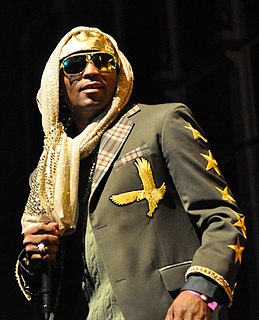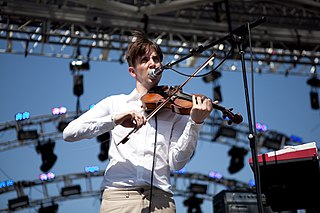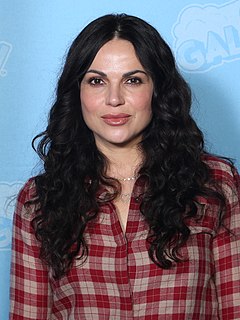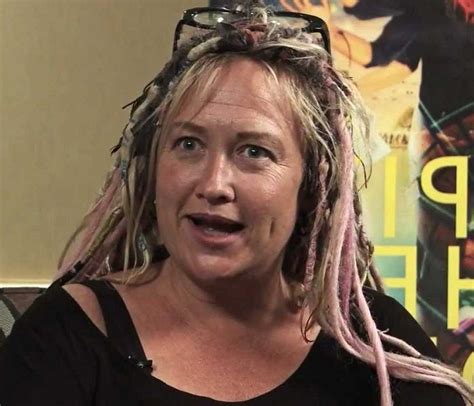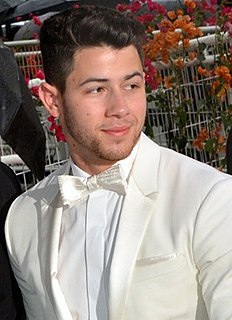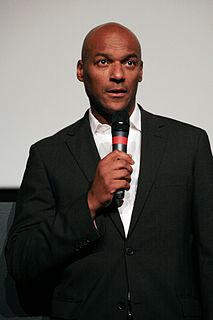A Quote by Mika
My first record was about childhood. There were a lot of nursery rhyme and fairytale references; it was all about being naive.
Related Quotes
In 1967, in DeKalb v. DeSpain, a court (255 F.Supp. 655. N.D.Ill. 1966.) took a 4-line nursery rhyme used by a K-5 kindergarten class and declared the nursery rhyme unconstitutional. The court explained that although the word 'God' was not contained in this nursery rhyme, if someone were to hear the rhyme, he might think that it was talking about God - and that would be unconstitutional!
This is what rhyme does. In a couplet, the first rhyme is like a question to which the second rhyme is an answer. The first rhyme leaves something in the air, some unanswered business. In most quatrains, space is created between the rhyme that poses the question and the rhyme that gives the answer - it is like a pleasure deferred.
I was able to notice in a very early stage, there were discrepancies between the people who are writing the songs and discrepancies about the self that I was writing about. I was feeling that there were all these different people, both writing the record and having the record being written about them, even though ostensibly it was me sitting down and documenting a series of life experiences. Part of that, when I recognized this unconscious thing I was doing, was about these spaces, about these gaps.





